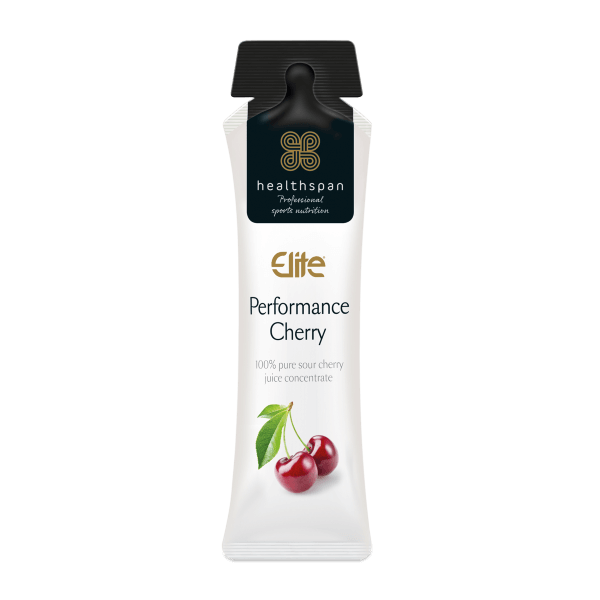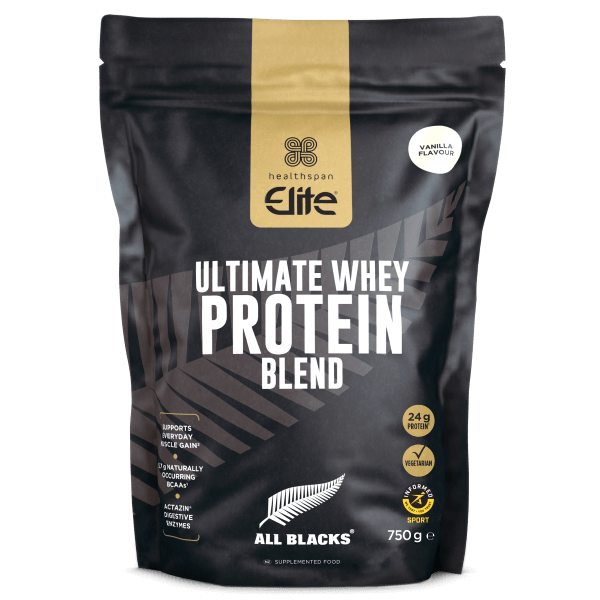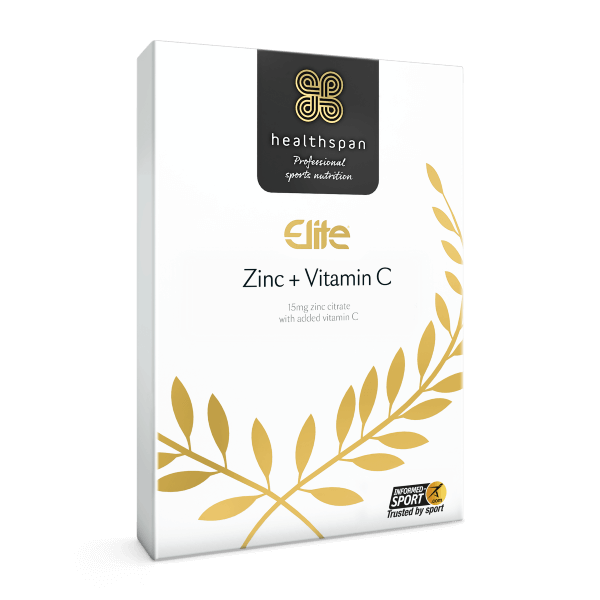England Rugby International Jonny May gives us an insight into his recovery routine and why he thinks recovery is so important after training and matches.
🕒 7 min read
WHY DO YOU THINK RECOVERY IS IMPORTANT FOR ATHLETES?
For me, recovery is the most important thing, because to make improvements you need to be training well, and to do that you need to recover and feel good. In my eyes, the person who can recover better will be able to train harder, longer and more consistently.
You can't train hard without proper recovery because you'll get worn out, which can cause problems and setbacks, making it harder to make the improvements you want to make. You impact your ability to feel good and give it your best the next day. To give yourself the best chance of improving, you need to train as hard as you can, for as long as you can – so you need to incorporate a good recovery strategy into your routine.
I'm not invincible. I've just been injured for 4 months, sometimes that stuff happens irrespective of what you do. But the goal is to train as hard as you can and to recover efficiently.
WHAT IS YOUR RECOVERY ROUTINE AFTER TRAINING?
The most important part of recovery is that you're consistent with what you eat, and when you sleep. So, diet and appropriate rest is at the forefront of recovery. Beyond that, I like to do a lot of stretching to get the blood flowing, feeling flexible and good around my muscles. I think it makes you more durable, too; if you're stiff and tight, you're more likely to break down.
I'm lucky that the longer my career has gone on, my menu of recovery options has increased, because I've been exposed to different people, become aware of new techniques, and science and innovation happens. It's impossible to do everything every day, so you learn to pick the best depending on how you're feeling at that moment in time.
For instance, since my knee injury, I've been icing my knee every day. Local icing is important for inflammation and recovery.
Creating a 'menu' of recovery options is important. As I say, you can't do everything every day, so think of adding things like:
- Local icing
- Epsom salt baths
- Active recovery – performing low-intensity exercise
- Swimming
- Sitting in a sauna

Elite Performance Cherry
100% pure sour cherry juice concentrate
- Contains approx. 100 whole cherries per sachet
- Naturally high levels of anthocyanins and flavonoids
- Commonly used by professional athletes to aid recovery
HOW DOES MATCH RECOVERY DIFFER TO TRAINING?
It depends on the way games go and the demands of the training week, with a week being Saturday to Saturday. When I get to Friday afternoon, I have a sense of relief; the training week can be harder than the game, in a way. In certain periods of training, we train above and beyond match-day level to challenge our fitness and skills under pressure, so that by the time we get to the game, it shouldn't be anything we can't handle.
However, recovering from games is very similar to recovering from training.
WHAT RECOVERY EQUIPMENT DO YOU USE?
I'm big on red-light therapy at the moment. It's a new tool from the last year or so. It's different to getting in a sauna or doing an ice bath, for instance, because although those are methods of recovery, there's an element of stress in there because you're freezing in an ice bath or boiling hot in a sauna.
Red light therapy and infrared light therapy involves directing specific wavelengths of light from an LED source to a body part. The light penetrates the skin to jump-start tissue recovery. The science is still early days, but I'm using that a lot.
For the last three years, I've also been using my Hyperbaric Chamber, which is basically an overload of oxygen. I always think: worst case scenario it's just a neutral effect, and at least I'm getting an hour of rest in there every day.
I use foam rollers, therapy guns, every year there seems to be a new thing. I keep everything because you never know when you might need something again.
The way sports science is, everyone is always looking for that next thing. It's an ever-changing landscape.
WHAT'S YOUR FAVOURITE RECOVERY MEAL?
You need about 2g of protein per kg of body mass to build muscle. So, if I'm around 90-93kg, x2 = 180-186g of protein (rounded up to 200g). So, if I'm eating three or four times a day, ideally around 50g of protein per meal. A chicken breast is 30g, so I have a protein shake as well – most shakes are 20g. You use the shakes to increase protein intake on top of meals.
I like the days before a game because I can scoff my face, basically, and load up on carbs, so my storage systems are full to the brim. That way, the day of the match you won't need as many carbs.
The day before a game where I can have a big pre-match meal, like a spaghetti Bolognese, risotto, or lasagne, sometimes I even have some chocolate biscuits to really fuel up on the carbs. Those are better days than the days I'm just eating fish and broccoli.
Recovery can turn into preparation too, as it's all part of the same cycle.

Elite All Blacks Ultimate Whey Protein Blend
Protein powder co-created with the All Blacks
- 24g protein per serving to support muscle growth
- Added protease to break down protein for better absorption
- Available in vanilla, strawberry and chocolate. Low in sugar
WHAT SUPPLEMENTS DO YOU RECOMMEND TO AID RECOVERY?
Supplementation is a branch of diet and what you eat, which is the most important thing you can do. With recovery, it's just about reducing that inflammation, getting the nutrients to the right areas.
There's a purpose for inflammation in the short term, for healing, but you also want to get rid of it as well. It's about getting that balance of using it to heal you but getting rid of it as soon as you don't need it without you being in pain or being inhibited. So, for inflammation, I use fish oils or turmeric.
I also love taking vitamin D, because unfortunately the weather is rubbish and vitamin D can help you in a lot of ways, because we do not have the sun exposure in the UK to make enough vitamin D in the skin.
Another favourite, the one I've taken for ages now, is Glucosamine and Chondroitin. You want to protect your joints, especially in contact sports. Nobody has perfect joints when you play contact sports, and you want to protect your joints long-term, so I suggest taking these supplements throughout your career.
When your joints are being bashed around and not as good as new, if you don't look after them, they'll degenerate and be the source of injuries that you're not going to be able to fix before you realise, and then you'll be fighting an uphill battle. I've had a couple of surgeries on my knee, so it's not perfectly brand-new, and that's why those supplements are important to me.
SUPPLEMENTS FOR IMMUNITY
I also take zinc and vitamin C, which is good for my immune system. I take them regularly, but if I get exposed to illness or feel like I've got a cold coming, I take a fair few more of those. Again, we're talking about wanting to be consistently at your best all the time, and in professional sport you're more vulnerable to picking up bugs because of stresses.
It does happen, it's not something you can completely avoid. I think do everything you can to prevent illness because it would be a shame to miss a game for a cold.
The last supplement I take is Pro20 Biotic for good bacteria in the gut.
I feel like they are all important supplements to take. It's all about trusting in how you feel, trusting in the science, and trusting in the process.

Zinc + Vitamin C
Vital for athletic performance
- Supports immunity, especially in endurance athletes
- Supports strength and lean muscle mass
- Linked to quality of sleep










